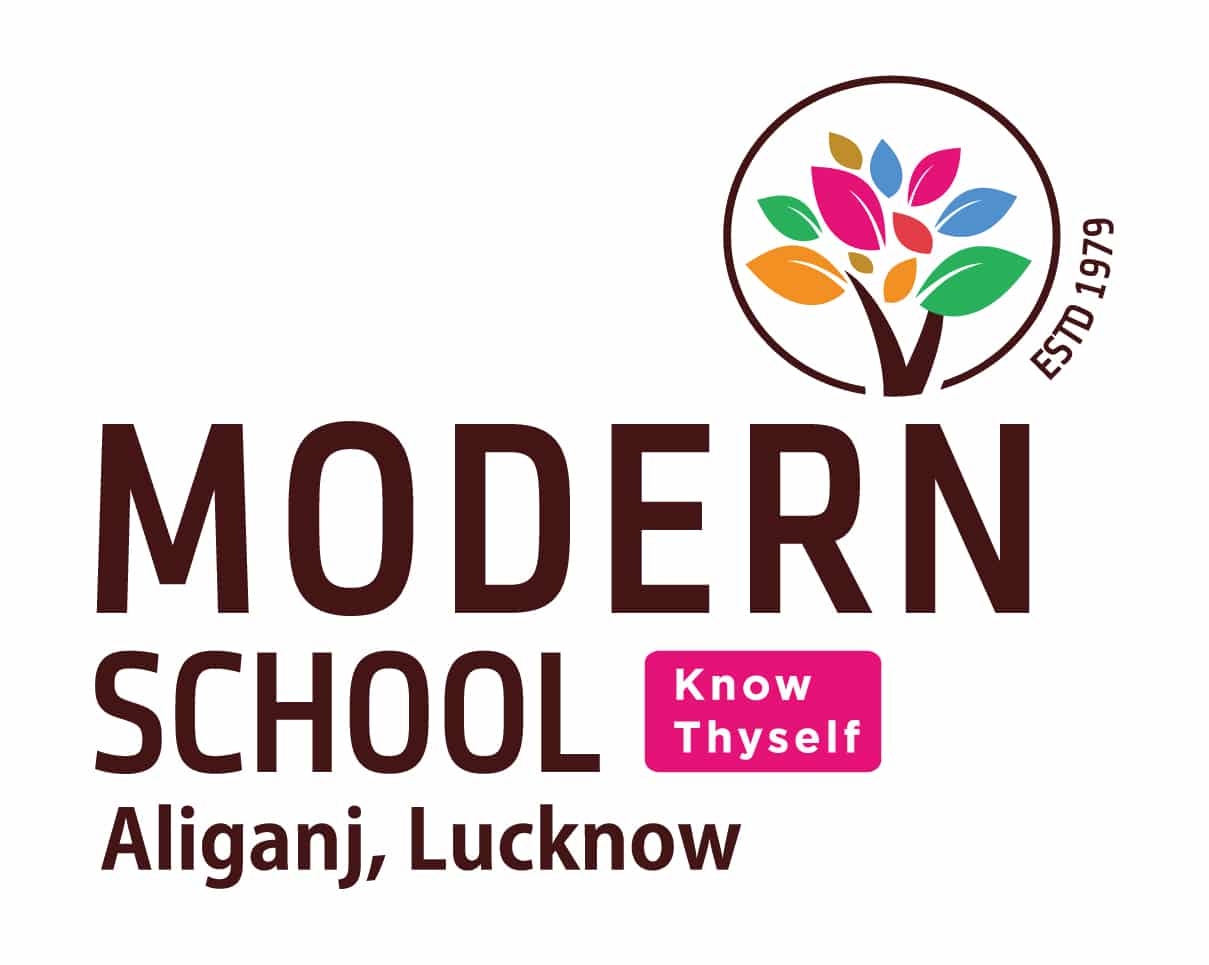The Right of Children to Free and Compulsory Education Act 2009.
A brief analysis by Mr. Rakesh Kapoor, Founder, The Modern School, Lucknow
The points below are from government of India’s ‘The Right of Children to Free and Compulsory Education Act, 2009’ Chapter V ‘Curriculum and completion of elementary education’:
- Conformity with the values enshrined in the constitution
- All round development of the child
- Building up child’s knowledge, potentialities and talent
- Development of physical and mental abilities to the fullest extent
- Learning through activities, discovery and exploration in a child friendly and child centered manner
- Medium of instruction shall, as far as practicable, be the mother tongue
- Making the child free of fear, trauma and anxiety and helping the child to express views freely
- Comprehensive and continuous evaluation of child’s understanding of knowledge and his her ability to apply the same’
The school shall ensure “… good quality elementary education …”
FREEDOM TO LEARN, school’s role: facilitation (5)
Child centred processes of learning (e): The key idea is freedom to learn, for the child, according to his informed choice. Facilitating to learn what the child finds relevant or wills, through activities, discovery and exploration. Child’s sense of relevance and will are the central point of start of the process of learning. (e) School and teacher’s role is to facilitate the processes of discovery and exploration, and provide resources, support and guidance for activities.
FREEDOM TO LEARN, school’s role: removing constraints (6, 7)
This freedom to learn and express curiosity, must not be constrained by destructive relationships with teachers or school authorities. The constraints are: fear, trauma of the insurmountable challenge and anxiety for the future negative consequences (e.g. examination results). Learning entirely in English does not make children grasp concepts intuitively and creates divisions in society.
FREEDOM TO BE, school’s role: understanding of our rights in a democracy (1)
Our liberal democracy is conceived to be an open society, as good as any in the world in terms of its openness and idealism. It aims to secure for its citizens justice, equality, fraternity and dignity. The students must be made aware of the fact that eternal vigilance is the price of maintaining an open and decent society – they must study its functioning and take part in it to strengthen it ad protect it.
OPPORTUNITIES FOR MAXIMUM/ALL ROUND DEVELOPMENT, school’s role: providing opportunities and technology (2, 3, 4) for learning, experiencing and a friendly environment, so that self discovery of potentials and talents is realized. The three conditions required for creating a hospitable community are empathy, congruency and unconditional care. Providing teacher for learning physical fitness and challenges for complex cognitive development (HOTS).
CONTINUOUS EVALUATION (8), school’s role: holding school and educators accountable for causing intrinsic motivation to learn and its facilitation, discipline without fear in a free environment and high standards of learning. In the (1) to (7) above the ethos is to make the child an autonomous and self confidence learner and master life. But if there is a third party (teacher) looking over the child’s shoulder, then all that is aimed at in the curriculum – freedom from fear, joy of learning, sense of freedom and creativity, etc. are negated.

Leave a Reply
You must be logged in to post a comment.